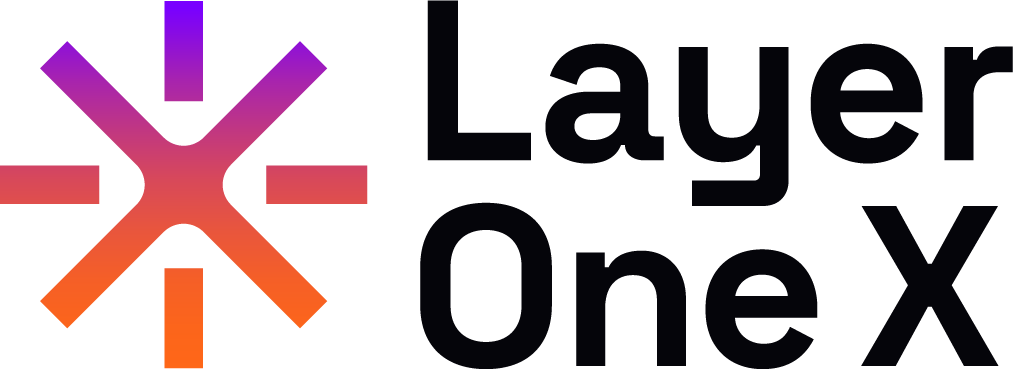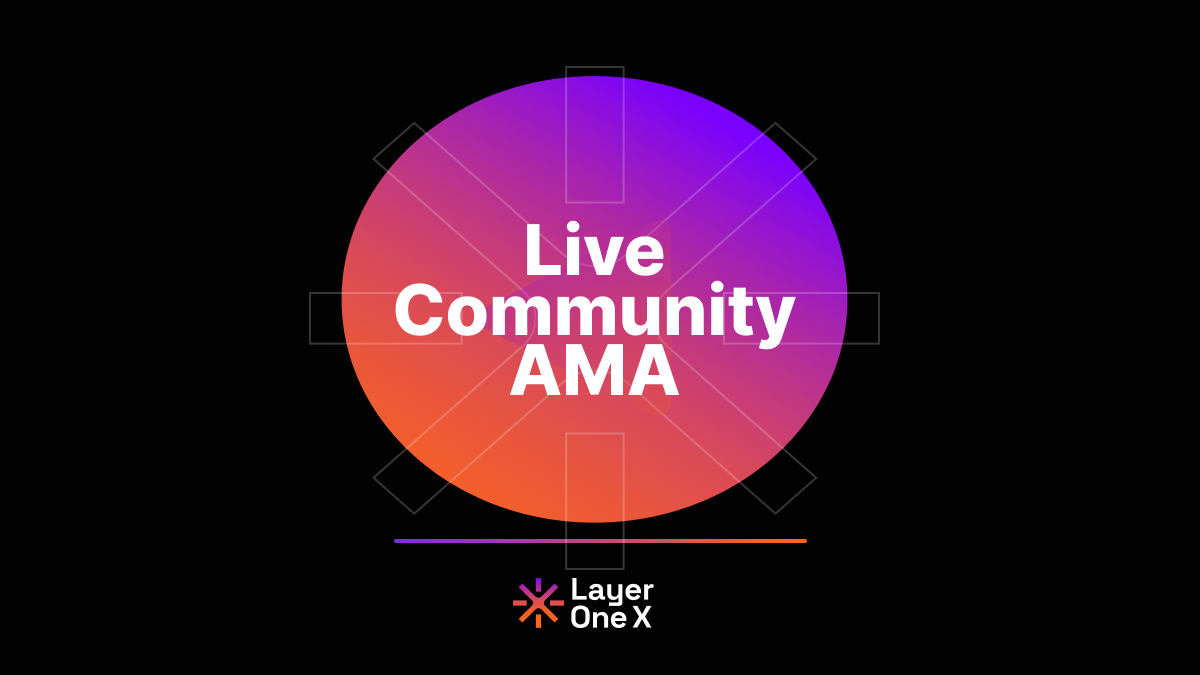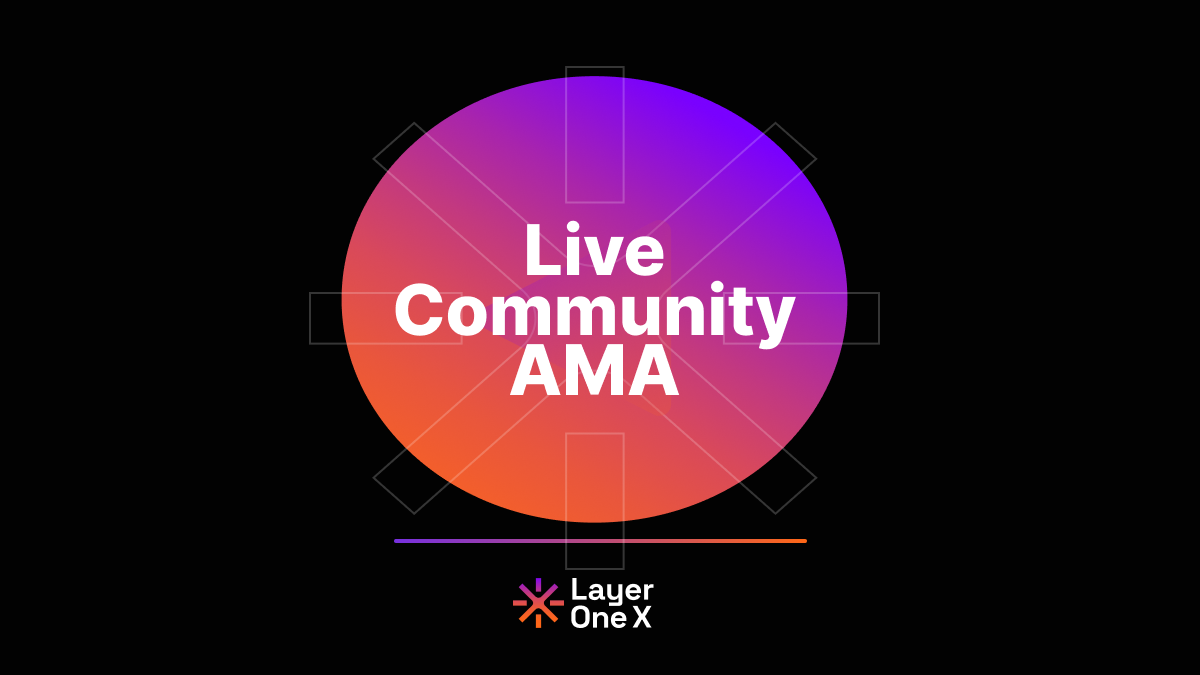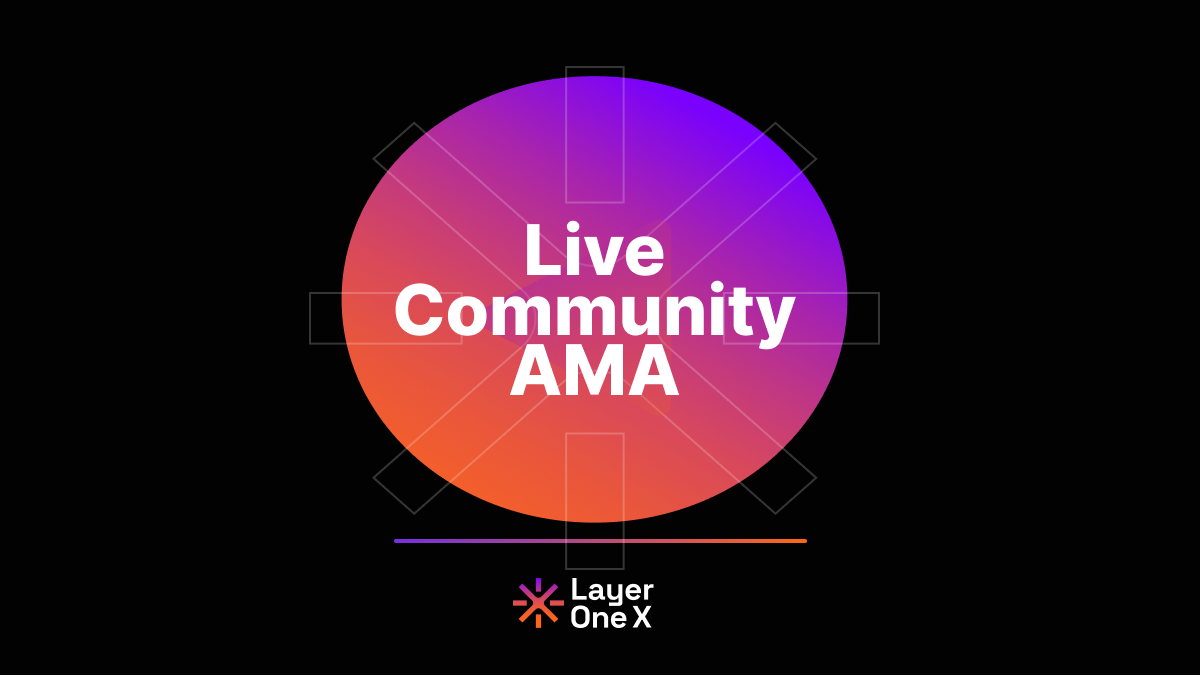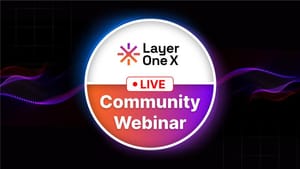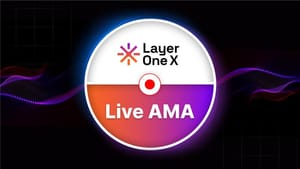L1X Deep Dive
On March 28, 2025, Layer One X (L1X), a trailblazing blockchain project, hosted an in-depth tech tour featuring Kevin, the Founder, and Mohammad, the Head of Xtalk, moderated by Joe. The session focused on L1X’s interoperability solution, Xtalk, likened to the "smartphone of interoperability," and included two exciting alpha drops. Here’s a concise summary of the discussion.
Introductions and Context
The session began with introductions across three time zones, highlighting the global reach of L1X. Kevin shared how Mohammad, the first developer onboarded, helped transform the white paper into reality. The focus then shifted to Xtalk, L1X’s answer to seamless multi-chain interoperability, designed to overcome the limitations of existing solutions like bridges and layer-zero technologies.
The Evolution of Interoperability
Kevin traced interoperability’s history:
- Pre-2015 (Stage 1): Sidechains like Litecoin complemented Bitcoin but lacked smart contract functionality.
- 2015-2016 (Stage 2): Bridges enabled token transfers ("what") between chains like Ethereum but missed the "how," "why," and "when," leading to vulnerabilities like bridge hacks.
- Stage 2.1: Layer Zero simplified bridge contracts with endpoints and oracles, improving the "how," yet still fell short of true multi-chain flexibility.
- Stage 3 – Xtalk: L1X’s Xtalk offers a fully open-source, multi-chain solution, addressing "what," "how," "why," and "when" without restricting users to specific ecosystems, supporting chains like Solana and soon Bitcoin.
How Xtalk Works
Mohammad explained Xtalk’s infrastructure:
- Listener Module: Captures events from any supported chain (e.g., Ethereum, Solana) or even Web2 sources, storing them in a database for reliability.
- P2P Network: Listeners share event signatures across a decentralized network, validating them collectively.
- Leader Election: A randomly selected leader propagates the event to the destination chain, with peers verifying execution to prevent malice.
- Global Transaction ID: Tracks complex, multi-step transactions across chains, ensuring scalability and security.
The system’s agnostic design requires no code changes to support new chains—just register the smart contract in the source registry, and Xtalk handles the rest.
Security and Scoring
Kevin detailed Xtalk’s security via the XTX Score, split into:
- Stake Score: Based on stake balance, age, and locking period (initially via node NFTs, soon expanding to native coins like ETH).
- Event Scoring Model: Measures uptime, event accuracy, processing time, and integration efficiency using a fuzzy model (0-1 scale) to ensure fairness and adaptability.
Nodes must meet a minimum stake to join, with leader eligibility tied to a dynamic XTX Score threshold, balancing decentralization and performance.
Smart Contract Simplicity
Mohammad showcased a cross-chain swap smart contract, emphasizing modularity. Unlike bridges requiring multiple contracts per chain, Xtalk needs only a token contract on external chains, with L1X handling conversion, validation, and execution. This reduces complexity, cost, and hack risks, as seen in traditional bridge failures.
Comparison: Bridges vs. Layer Zero vs. Xtalk
- Bridges: Require numerous contracts (e.g., chainlink, adapter, relayer) per chain, costing $100+ per transaction on Ethereum.
- Layer Zero: Consolidates some contracts but introduces centralization risks, still needing logic and registry contracts per chain.
- Xtalk: Needs only a token contract on external chains, with L1X managing the rest, dropping costs to cents and enabling true multi-chain asset management.
Use Cases and Alpha Drops
Kevin highlighted Xtalk’s potential: multi-chain token issuance and management from one decentralized hub, e.g., issuing a token across chains and pegging it to a single asset. Two alpha drops thrilled the audience:
- Hashlock Audit Success: L1X’s virtual machine (VM), enhanced with a VASM-to-eBPF compiler, passed a Hashlock audit with no high-priority issues, boosting security confidence.
- TGE Date Set: The Token Generation Event (TGE) is confirmed for April 2, 2025, with tradable L1X coins and a liquidity bootstrap, sparking community excitement.
Community Q&A
Questions ranged from node hosting (end of March) to multi-chain token minting (soon via L1X app) and physical node requirements (1TB storage, 2.7GHz processor). Kevin teased high APRs for early node operators and hinted at future features like on/off-ramps and data migration.
This tech tour showcased L1X’s technical prowess and vision, positioning Xtalk as a game-changer in blockchain interoperability.
